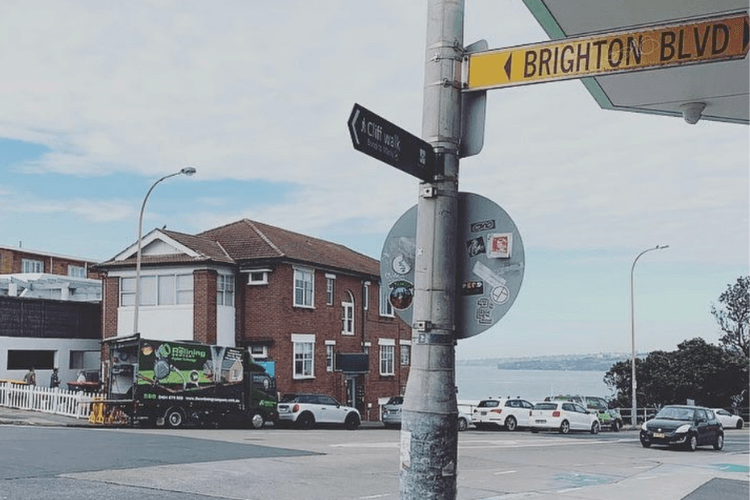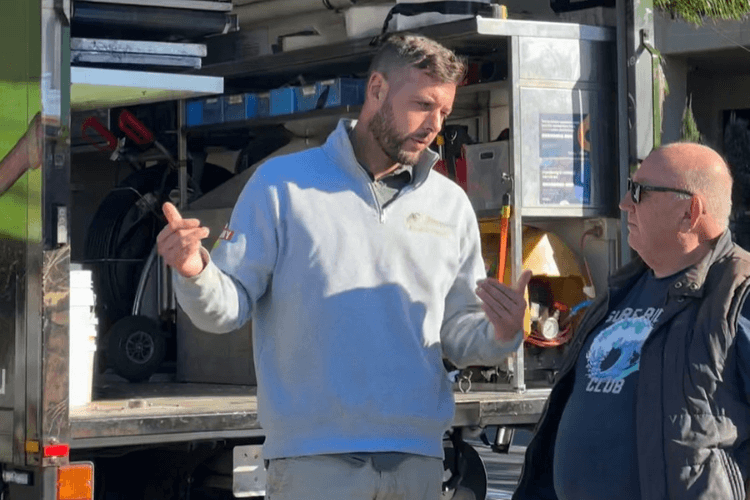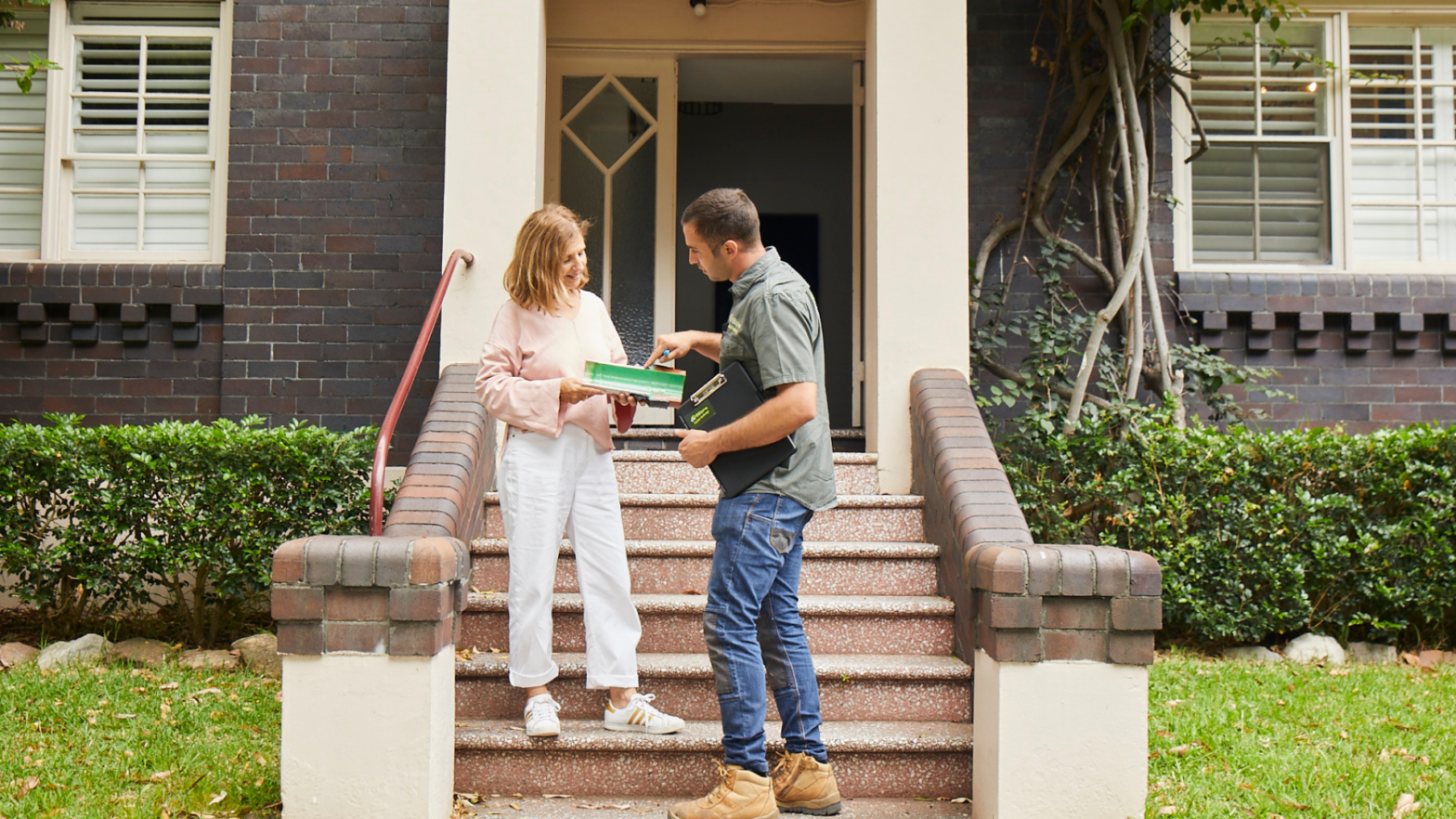Sydney’s homes are full of charm—and sometimes full of plumbing surprises. Whether it’s ageing pipes making unusual noises or stormwater drains causing issues after heavy rain, plumbing issues can catch even the most prepared homeowner off guard.
The good news is that with a few expert tips, a little know-how, and some proactive maintenance, you can keep water damage at bay and call in the pros when needed to avoid costly repairs.
From spotting common plumbing issues to how to fix them and what to do in a plumbing emergency, this guide has everything Sydney property owners need to keep their pipes in top condition and water bills under control.
Understanding Sydney’s Unique Plumbing Challenges
With a large number of heritage homes and well-established suburbs with ageing plumbing and drainage installations, Sydney homeowners can often face unique problems associated with outdated plumbing systems. Many older Sydney suburbs still have galvanised or clay pipes that often require ongoing repairs due to corrosion, cracks, blockages and leaks. Poor water pressure due to old infrastructure and excessive water pressure that damages appliances and fittings can also pose problems.

Unfortunately for homeowners looking to renovate, these older plumbing systems can be hard to access due to narrow blocks and shared walls. And while many of these older suburbs feature leafy outlooks, roots from established trees can wreak havoc underground on a home’s plumbing system.
Common Plumbing Issues & How to Fix Them
Leaking tap? No hot water? Here are some things you can try to fix the problem before calling a plumber.
Leaky Taps
Mineral deposits can affect components and cause leaks, as can excessive water pressure. Always turn off the water supply before you attempt to replace worn or damaged components such as washers, seals and o-rings.
Blocked Drains and Toilets
You can try to clear a blockage yourself using a mix of vinegar and baking soda, but you should avoid tipping chemical cleaners or hot water down drains as they can damage pipes. You could also try using a plunger or a drain snake. Professional plumbers have special tools like hydro jets to clear blockages, so call them if you can’t clear the blockage yourself.
Low Water Pressure
To address low water pressure, ensure the water supply main valve is fully open. You can also try cleaning and flushing water heaters, aerators and showerheads to see if that helps. Keep in mind that leaks and clogs can also cause water pressure issues.
Hot Water System Problems
If your hot water has gone cold, check the power supply to your hot water system and that the valve is fully open. Also, look for signs of leaks. You can also try flushing the storage tank to remove sediment by following the manufacturer’s instructions.
Gas Plumbing Issues
You should never attempt to fix gas plumbing yourself. Shut off the main gas supply, evacuate the area and call a professional plumber.
Preventative Plumbing Maintenance Tips
We don’t recommend DIY plumbing repairs, as all major plumbing work should be carried out by a licensed plumber. However, there are a few things that homeowners can do to keep their plumbing systems in good condition.
Firstly, it’s important to know what can safely be tipped down the drain and flushed down the toilet, and to consider treating your drainage system with an enzyme cleaner every few months.
Fix leaky pipes and taps as soon as you notice them, change broken or cracked plumbing fixtures and, by keeping an eye on your water usage on your water meter, you’ll be able to detect an underground leak sooner.
What to Do in a Plumbing Emergency
When you move into a home, find where your water meter is located and ensure you know how to turn the water supply off in the case of a burst pipe or a major leak. Also, make sure you know where your hot water heater is located and how to shut off the water supply.
If your sewer line is blocked, you must avoid sending any water down the drain until you can have it looked at by a licensed plumber. Don’t flush the toilet, use the dishwasher or washing machine or use the bath or shower in the meantime.
Hiring a Plumber in Sydney: What You Need to Know

If you need plumbing work performed, you should only hire an insured and licensed plumber. You can visit the NSW Fair Trading website to check their status and ensure they have the necessary expertise to complete complex tasks, knowledge of plumbing regulations and drainage regulations to complete work to a satisfactory standard.
Ensuring compliance protects property owners. If you hire someone without the correct qualifications, even to fix minor issues, you risk further damage and extensive repairs.
Remember that not all plumbers provide the same services and can attend to all your plumbing needs. Some only perform emergency repair work, provide gas fitting services or specialise in techniques like pipe relining.
Cost Guide: How Much Do Plumbing Services Cost in Sydney?
How much a plumber in Sydney costs depends largely on your plumbing needs. Most charge a call-out fee of up to $150 and hourly rates of $100-$200 per hour. After-hours callouts, the complexity of the plumbing work and the parts required can also add to the cost of repairs. For extensive plumbing services like new installations, some plumbers may provide fixed quotes.
DIY vs. Professional Plumbing: What You Can and Can’t Do
At The Relining Company, we specialise in fixing plumbing issues for good with drain clearing and trenchless pipe relining. Don’t put up with overflowing drains or constant blockages in your plumbing system. Call us on 0488 885 166 for a free pipe relining consultation or visit our website to learn more about how to get a new plumbing system with pipe relining.
Frequently Asked Questions
How much do plumbers charge per hour in Sydney?
Sydney plumbers charge around $100-$200 per hour, and most will also charge a call-out fee of up to $150.
What plumbing can I do myself in NSW?
In New South Wales, it’s illegal to perform any plumbing work that involves drinking water or sewage unless you’re a licensed plumber. DIY plumbing is limited to minor repairs like unclogging drains, fixing minor leaks and replacing washers and screw-in showerheads.
What is the number one rule of plumbing?
The number one rule of plumbing is never to use a gate valve to adjust water flow. Gate valves found on water supply systems are designed to be completely opened or closed and not adjusted frequently.
Back to Top